When imagination meets the painful realities of the past and present, memories no longer trap the minds and hearts of the people, but instead become a ladder that travels straight to the future – exploring new pathways and parallel realities. The possibilities of what is to come, and how to prepare or anticipate it, come to be the real questions.
For Palestinians, and Palestinian writers in particular, imagining the future seems impossible when they cannot afford to escape the horrors of the present. Basma Ghalayini, editor of the superb ‘Palestine +100’ short story collection published by Comma Press, notes that science fiction is like a “luxury”, as “the cruel present (and the traumatic past) have too firm a grip on Palestinian writers’ imaginations.”
For a long time, references to the topics of resistance, occupation, loss, and longing for a homeland were the most common themes in Palestinian literature, with writers like Ghassan Kanafani and Mahmoud Darwish being the most notable names. Literature was not just an expression of the human soul, but also a force of resistance – a political and cultural weapon that ferments Palestinian identity.
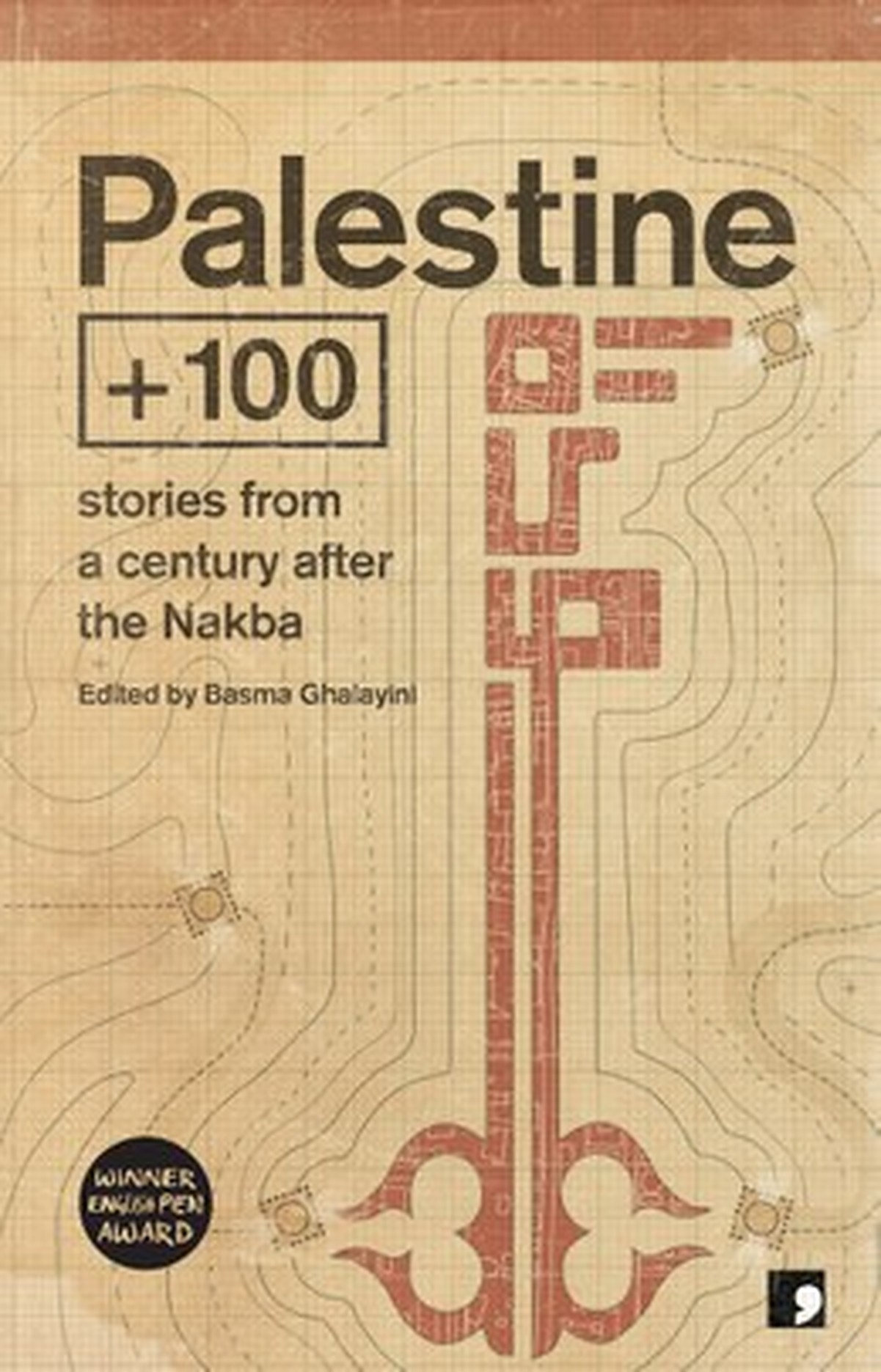
However, in the surreal ‘Palestine +100’, Palestinian literature takes a more creative turn and dives deeper into the seas of imagination. While topics of occupation and patriotism still exist, they are explored in different settings and realities, contemplating the outcome of peace and how new technologies can be used to advance oppression, control and suffering.
The year is 2048. Palestine is now liberated… but to what extent? In the heart-wrenching novella Song of the Birds by Saleem Haddad, which is written in memory of the young writer Mohanned Younis who killed himself in 2017, the protagonist Aya is haunted by the ghost of her brother Ziad, who reminds her that “those who keep resisting are seen as insane by those who cannot see the prison walls.”
It is a powerful story that starts by taking the reader under the sea, as Aya walks into it feeling like “a prisoner of both history and time.” As she swims in the blue waters, she feels closer to the past and the thousands of bodies that were killed and forgotten. In this beautiful yet gloomy setting, the sea is a metaphor of Palestine’s history and the heavy emotions it carries, which still floats inside each character in the book.
Other works, such as N by Majd Kayyal, grimly explores how families become separated as only the younger Palestinian generations are allowed to enter the ‘Israeli world’, traveling through tunnels to pass between parallel worlds. It is a dark and chilling piece, describing the cities of Palestine as solitary and cold as they slowly lose their identity. “A hi-tech and scientific apartheid,” one character perfectly describes it.
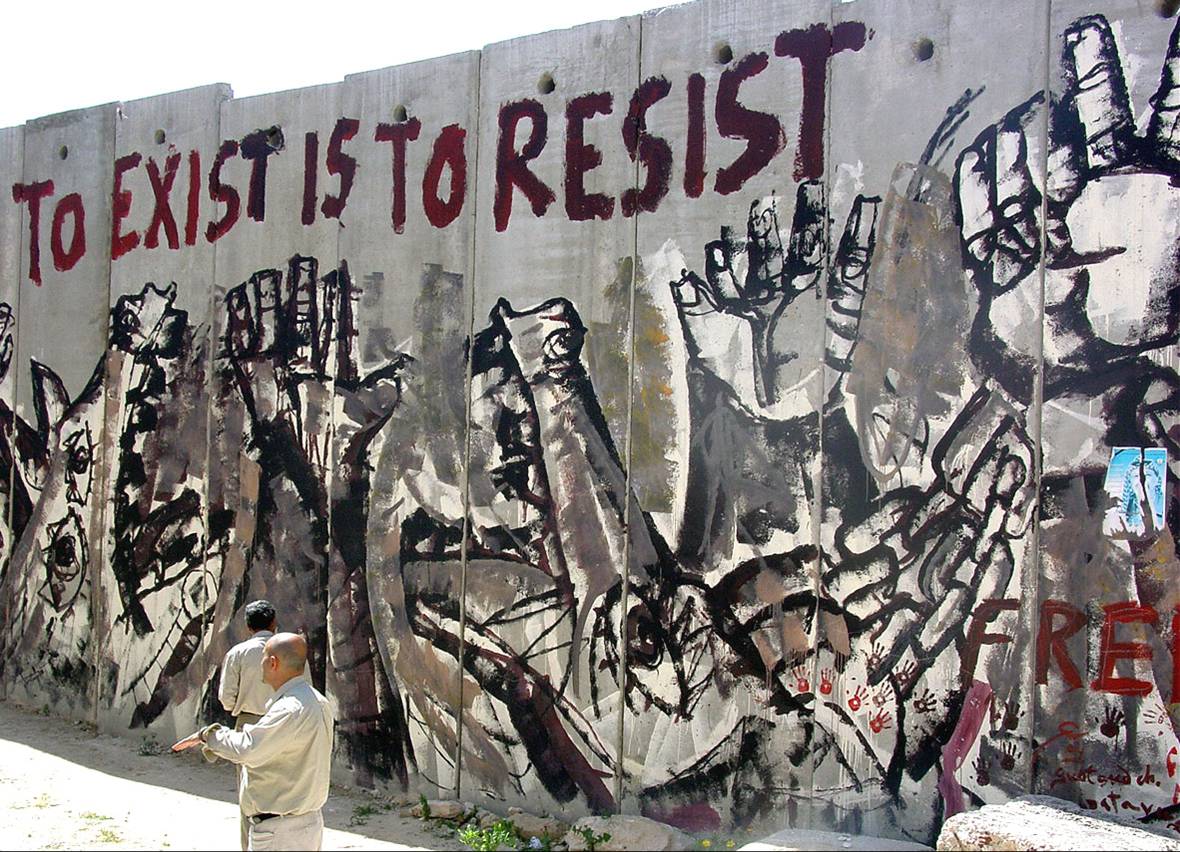
In The Key, Anwar Hamed looks at how despite the advancement of security, Israelis continue to live in terror, isolation and fear. Instead of physical walls, there will be transparent shields that only allow those with the right chip (implanted in the neck of newborns) to pass through them. Nevertheless, the psychological state of Israelis continues to deteriorate, as many families are haunted by the sounds of Palestinians trying to open their doors at night.
Other disturbing events are mentioned, such as in Mazen Maarouf’s story where a nanobot attack in 2037 wipes off all Palestinians, and is narrated by the last living Palestinian who is kept in a glass box. Emad El-Din Aysha looks even further, as he imagines the creation of the first ‘virtual government’ announced from cyberspace, where it is completely digital and governed by video game players and no longer has to worry about questions of territory and borders.
Liberation, peace, independence, and modernity are all meaningless compared to the horrors and sorrow described in the twelve short stories in the collection. More than portraying the possible future of Palestine, the stories challenge the definitions we hold of what it means to be liberated and independent, and warn about the price that could be paid. Humanity and the psychological state of a country’s citizens are what seems to be forgotten and neglected in the future.


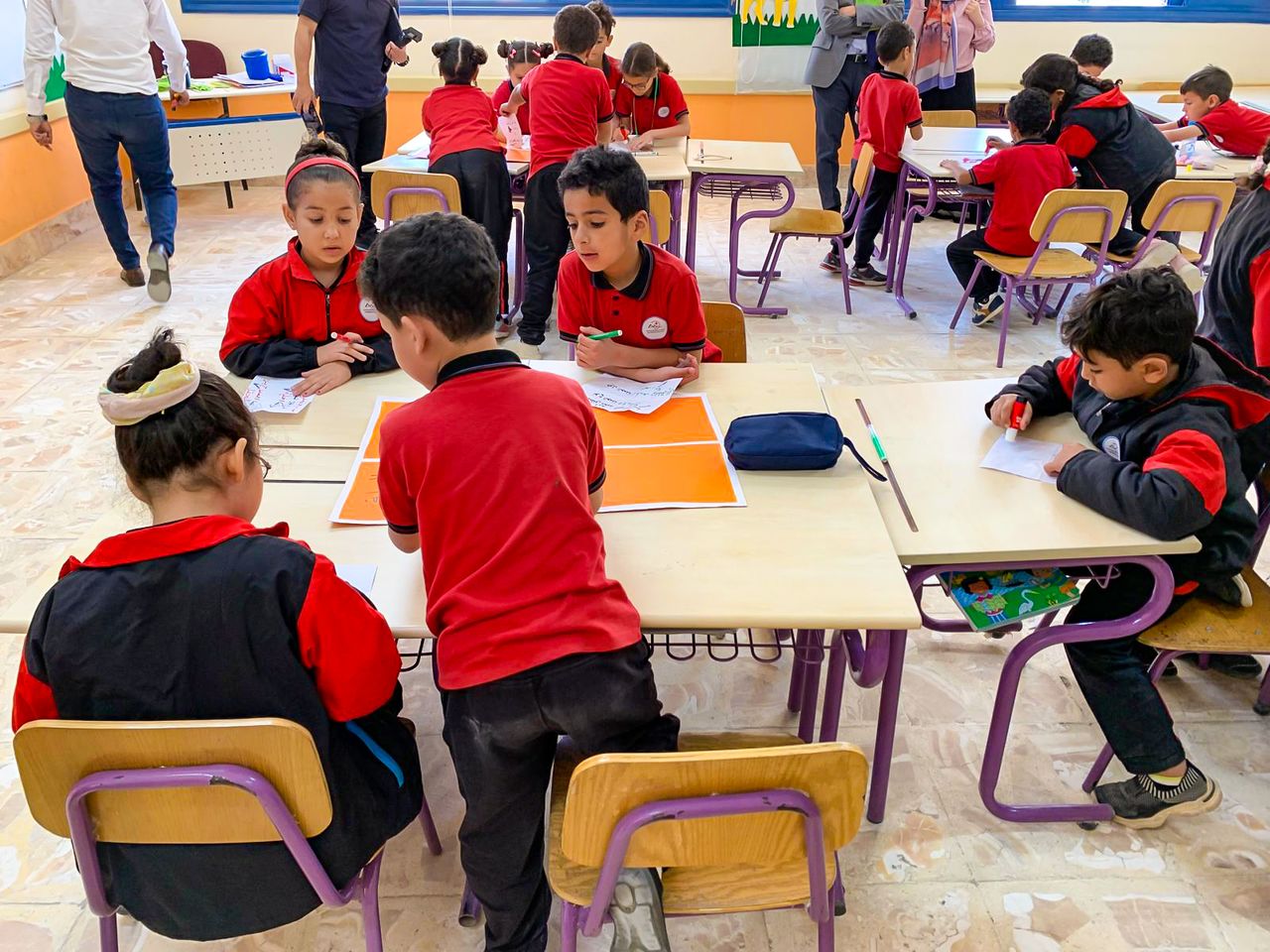


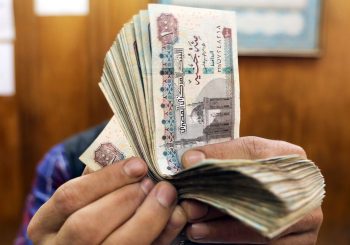
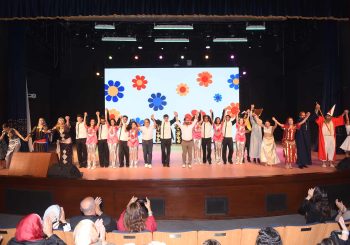
Comments (0)